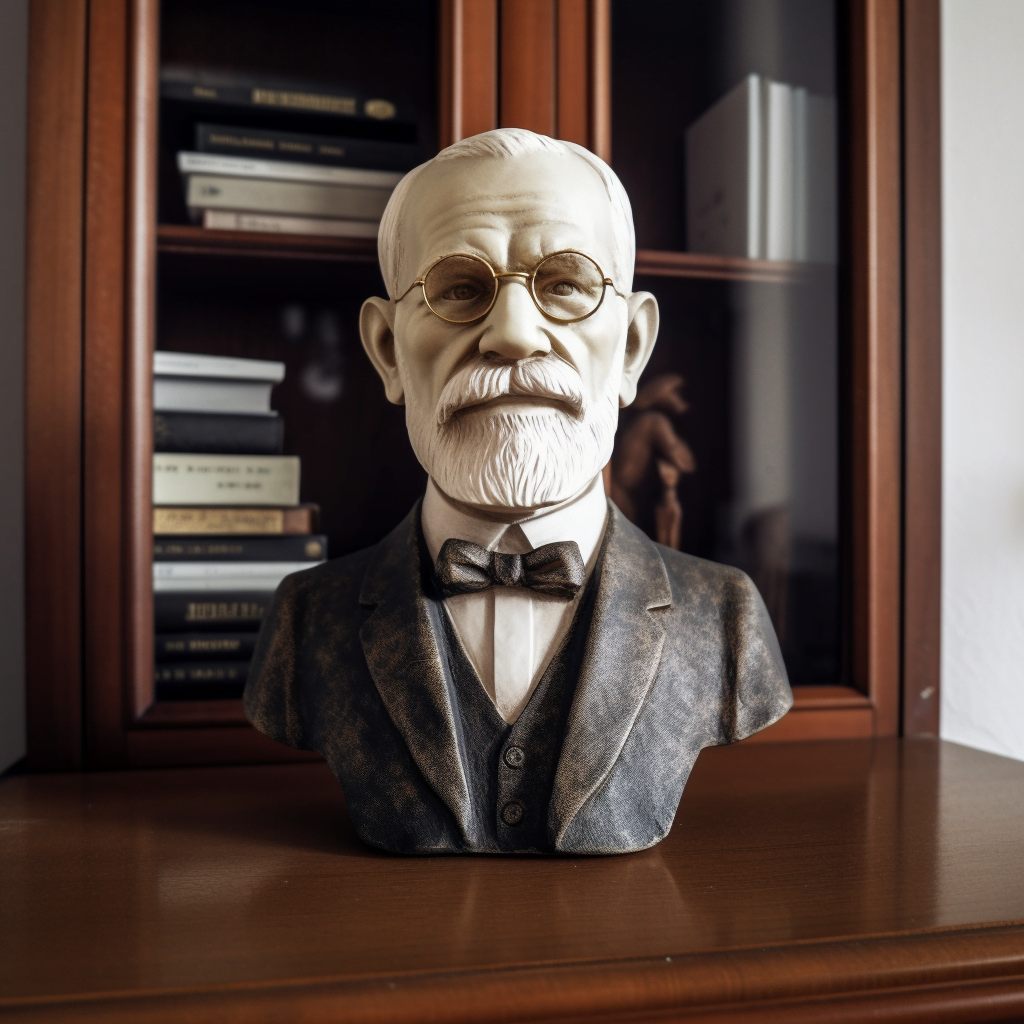
A case study is when a specific individual, or a select few, is studied at length and in-depth. They’re often performed to identify unique behaviors or qualities that they might elicit. Case studies can include repeated interviews, videos, testing, and much more. They can also span for years if not decades for some studies.
The Nitty-Gritty of Case Studies in Psychology
Diving headfirst into the nitty-gritty of case studies in psychology, these little gems of research allow experts to gather information about a single person or a small group. Just like a detective looking for clues, psychologists use case studies to solve the mysteries of the human mind. With their magnifying glass in hand, they observe, analyze, and document everything that might give them a better understanding of a person’s behavior, emotions, or cognition.
How Case Studies in Psychology Work
In the world of psychology, case studies are a bit like a choose-your-own-adventure book. There’s no set formula for how they should be conducted. Instead, researchers get to mix and match different methods and techniques to create the perfect recipe for their study. This can include interviews, tests, observations, and even snooping around in a person’s diary (with their permission, of course).
While other types of research, like surveys or experiments, might have large sample sizes, case studies keep things cozy and intimate. They focus on just one person or a small group, allowing researchers to take a deep dive into the thoughts and feelings of their subjects.
The Pros and Cons of Using Case Studies in Psychology
Just like a superhero, case studies in psychology have their strengths and weaknesses. On one hand, they can provide rich and detailed information about a person’s life that would be difficult to obtain through other research methods. They can also help psychologists explore new ideas or theories and generate hypotheses for future studies.
On the other hand, case studies have some limitations. For starters, they’re not great for making generalizations about larger populations. It’s a bit like trying to predict the weather for an entire country based on the climate in a single city. Additionally, case studies can be influenced by researcher bias, which means the psychologist’s own beliefs or expectations might affect the results.
Famous Examples of Case Studies in the World of Psychology
If case studies were a rock band, these next examples would be their greatest hits. Each one has made a lasting impression on the field of psychology and helped shape our understanding of the human mind.
Little Hans and His Fear of Horses
Sigmund Freud, the father of psychoanalysis, used a case study to explore the roots of a young boy’s fear of horses. Known as “Little Hans,” the boy’s phobia was analyzed through a series of interviews and observations, which Freud believed revealed unconscious fears related to his family dynamics. This case study helped lay the groundwork for Freud’s theories on childhood development and the role of the unconscious mind.
Genie, the Wild Child
In the 1970s, a young girl named Genie was discovered living in extreme isolation and neglect. Researchers studied her case to learn about the effects of social deprivation on language development and cognitive abilities. Genie’s tragic story raised important questions about the role of nurture in human development and the limits of language acquisition.
H.M. and the Mystery of Memory
A man known as H.M. underwent brain surgery in the 1950s to treat his severe epilepsy. After the surgery, H.M. developed a rare form of amnesia that left him unable to form new memories. Psychologists studied H.M.’s case for decades, learning valuable information about the brain’s role in memory formation and the difference between short-term and long-term memory.
To Sum It All Up
Case studies in psychology offer a unique and intimate glimpse into the human mind. By examining the lives of individuals or small groups, psychologists can gain valuable insights into the factors that shape our thoughts, feelings, and behaviors. Though they may have their limitations, case studies have played a crucial role in our understanding of human psychology and will likely continue into the future.




